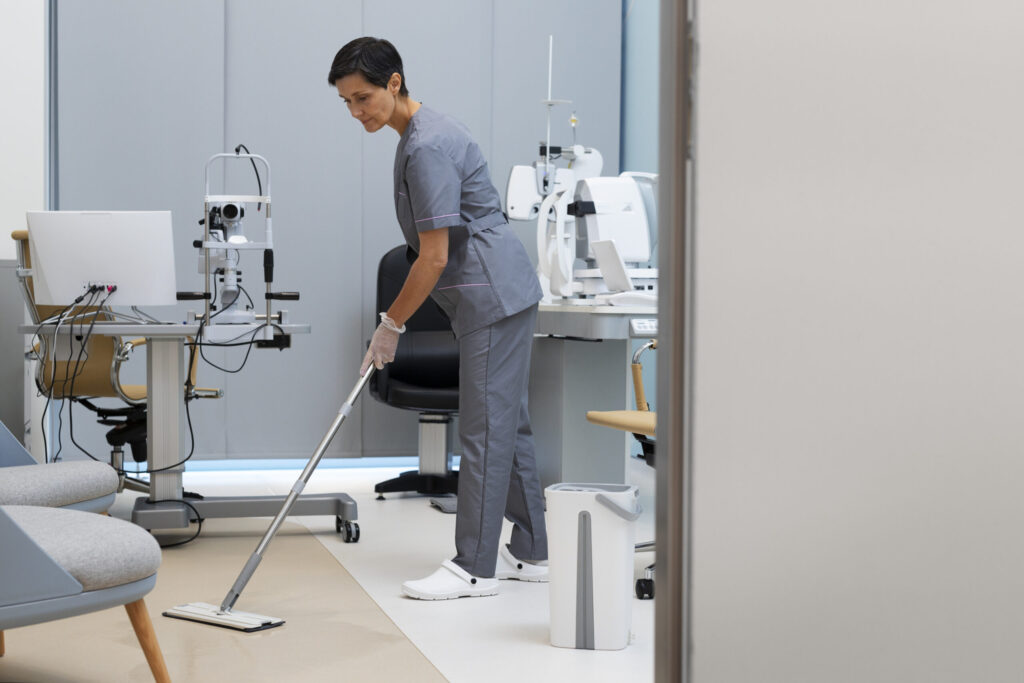In the world of modern living, maintaining health, comfort, and balance has become a priority for many people. One of the terms that has been gaining attention recently is hygienstolar. While the word itself may sound new, it relates to concepts that many of us value in our everyday lives—cleanliness, well-being, and creating an environment that supports a healthier lifestyle. This article explores what hygienstolar means, why it matters, and how it connects to daily routines in personal, social, and even professional settings.
What is Hygienstolar?
At its core, hygienstolar is about integrating hygiene and lifestyle in a way that enhances overall wellness. It reflects a mindset where individuals focus not only on external cleanliness but also on the harmony of their surroundings. The idea is built around the belief that maintaining hygienic practices and creating supportive environments can reduce stress, boost productivity, and contribute to long-term physical and mental health.
The concept of hygienstolar can be applied to various aspects of life, from home settings and workspaces to public places. It is less about strict rules and more about developing mindful habits that lead to comfort and balance.
The Importance of Hygienstolar in Modern Life
In today’s fast-paced world, many people struggle with stress, pollution, and an overload of information. Hygienstolar provides a pathway to simplify daily life by focusing on cleanliness, order, and wellness. A cluttered or unhygienic environment often contributes to anxiety and poor health, while a clean and organized space encourages calmness and clarity of mind.
By practicing hygienstolar, individuals can strengthen their immunity, lower risks of infections, and improve their emotional state. In addition, organizations and workplaces that adopt the principles of hygienstolar often notice improvements in employee satisfaction and performance.
Hygienstolar at Home
Home is the first and most personal place where hygienstolar can be practiced. It starts with simple habits such as maintaining a clean living space, washing hands regularly, and ensuring proper ventilation. Small changes like decluttering rooms, using natural light, and incorporating plants can enhance the feeling of well-being.
Hygienstolar at home also includes mindful eating practices, safe storage of food, and maintaining clean kitchens and bathrooms. These efforts reduce health risks and create an environment where the whole family can feel comfortable and secure.
Hygienstolar in Workplaces
Work environments play a significant role in shaping our daily lives. A workplace that embraces hygienstolar goes beyond basic hygiene rules and focuses on creating a supportive atmosphere. This could mean maintaining clean offices, providing safe drinking water, encouraging breaks, and ensuring ergonomic furniture.
Companies that promote hygienstolar are often seen as more caring towards their employees. This approach not only builds trust but also improves overall productivity. Clean and healthy environments reduce the chances of illness, meaning fewer absences and greater efficiency.
Hygienstolar and Public Spaces
Public spaces are shared environments where the principles of hygienstolar are even more critical. Parks, transport systems, schools, and hospitals all depend on collective efforts to stay clean and healthy. When communities prioritize hygienstolar, it leads to safer, more welcoming spaces for everyone.
Simple actions such as proper waste disposal, regular sanitization, and respect for public facilities reflect the spirit of hygienstolar. These actions build stronger societies where health and cleanliness are valued equally.
Mental Health and Hygienstolar
Hygienstolar is not limited to physical cleanliness. It also has a strong connection to mental health. A clean, balanced environment helps reduce stress levels, improves focus, and supports positive thinking. Many psychologists agree that orderly surroundings can significantly impact emotional well-being.
Practicing hygienstolar can also mean setting boundaries, avoiding toxic influences, and creating peaceful spaces for rest and relaxation. By blending mental health practices with hygienic living, individuals can enjoy a more balanced lifestyle.
Practical Ways to Practice Hygienstolar
Here are some practical tips for incorporating hygienstolar into everyday life:
-
Daily cleaning routines: Spend a few minutes each day organizing and cleaning your space.
-
Healthy habits: Wash hands, maintain oral hygiene, and follow personal care routines.
-
Declutter regularly: Remove unnecessary items to make your space more breathable.
-
Ventilation and light: Open windows for fresh air and natural sunlight.
-
Mindful eating: Focus on clean, healthy, and balanced meals.
-
Respect shared spaces: Keep public areas clean and encourage others to do the same.
These small yet consistent steps reflect the true meaning of hygienstolar.
The Future of Hygienstolar
As the world faces challenges like climate change, urbanization, and global health crises, the concept of hygienstolar is becoming even more significant. People are realizing the importance of cleanliness, sustainability, and mindful living. In the future, we can expect to see more emphasis on eco-friendly practices, innovative hygiene solutions, and awareness campaigns that promote a hygienic lifestyle.
Governments, organizations, and individuals all have roles to play in spreading the values of hygienstolar. It is not just a trend but a necessary approach to ensure healthier, safer, and more balanced communities.
Conclusion
Hygienstolar represents more than just hygiene—it is a lifestyle approach that combines cleanliness, balance, and well-being. By applying its principles at home, in workplaces, and in public spaces, we can create environments that support both physical and mental health.
In a world where health challenges continue to evolve, embracing hygienstolar is not only wise but essential. Through small daily actions and a mindful attitude, everyone can contribute to building a healthier and more harmonious future.


